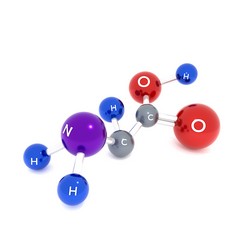Peptides that modulate protein oligomerisation for therapy
Peptides, mostly composed of short chains of amino acids, can activate or deactivate proteins by causing a change in the oligomerisation state, the number of units, of the protein. Scientists worked on exploiting this property of peptides to restore health under the umbrellas of the EU-funded SHIFTIDES (Shifting the oligomerization equilibrium of proteins: a novel therapeutic strategy) project. Researchers explored protein-protein interactions at the molecular level to determine changes leading to disease and develop suitable drug leads. Their goal was to identify peptide ligands that selectively target proteins and change their oligomerisation state. In particular they studied the HIV-1 integrase protein (IN), the tumour suppressor p53 and other oligomeric proteins linked to cancer such as the non-muscle myosin II-C protein. Project activities met with considerable success as evidenced by several publications in peer-reviewed journals. Scientists developed peptides that inhibit the activity of IN and prevents HIV-1 replication in cell and mouse models. This has significant implications for anti-HIV drug design. A major player in the cellular anti-cancer defence mechanism, the ability to activate the p53 protein through its tetramerization would prove invaluable in cancer therapy. Towards this end, researchers developed p53 tetramer-stabilising peptides. The SHIFTIDES methodology for drug design thus proved to be a versatile tool for treating diseases where the implicated protein has many oligomeric forms. Applications extend beyond cancer and anti-HIV therapy to curing neurodegeneration and promoting healthy ageing.
Keywords
Peptide, therapy, protein, oligomerisation equilibrium, HIV-1 integrase, p53, cancer, drug design

